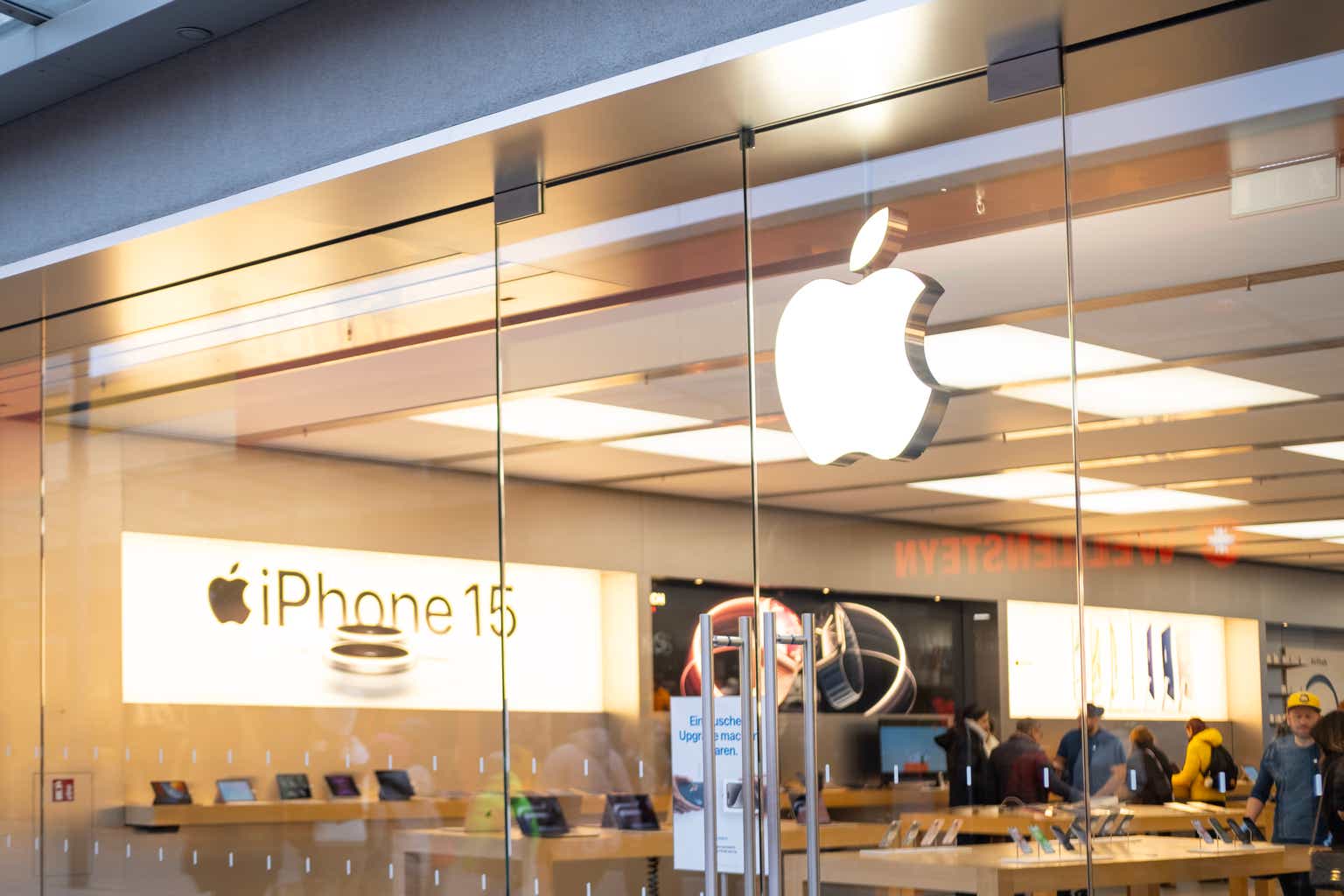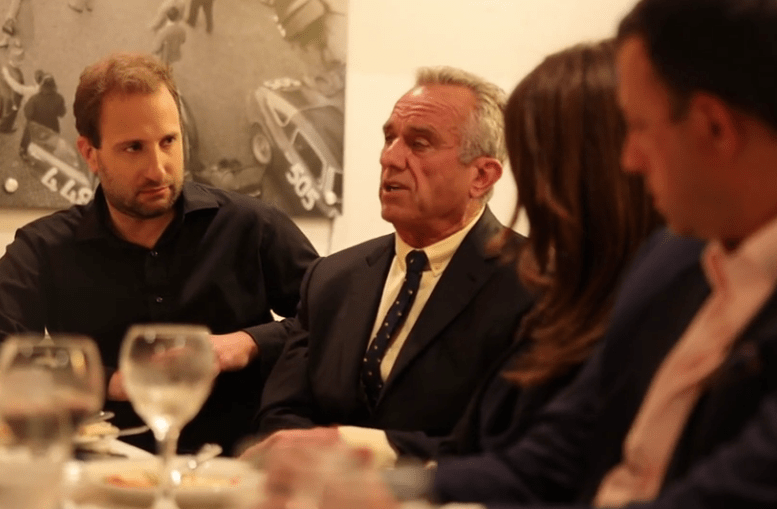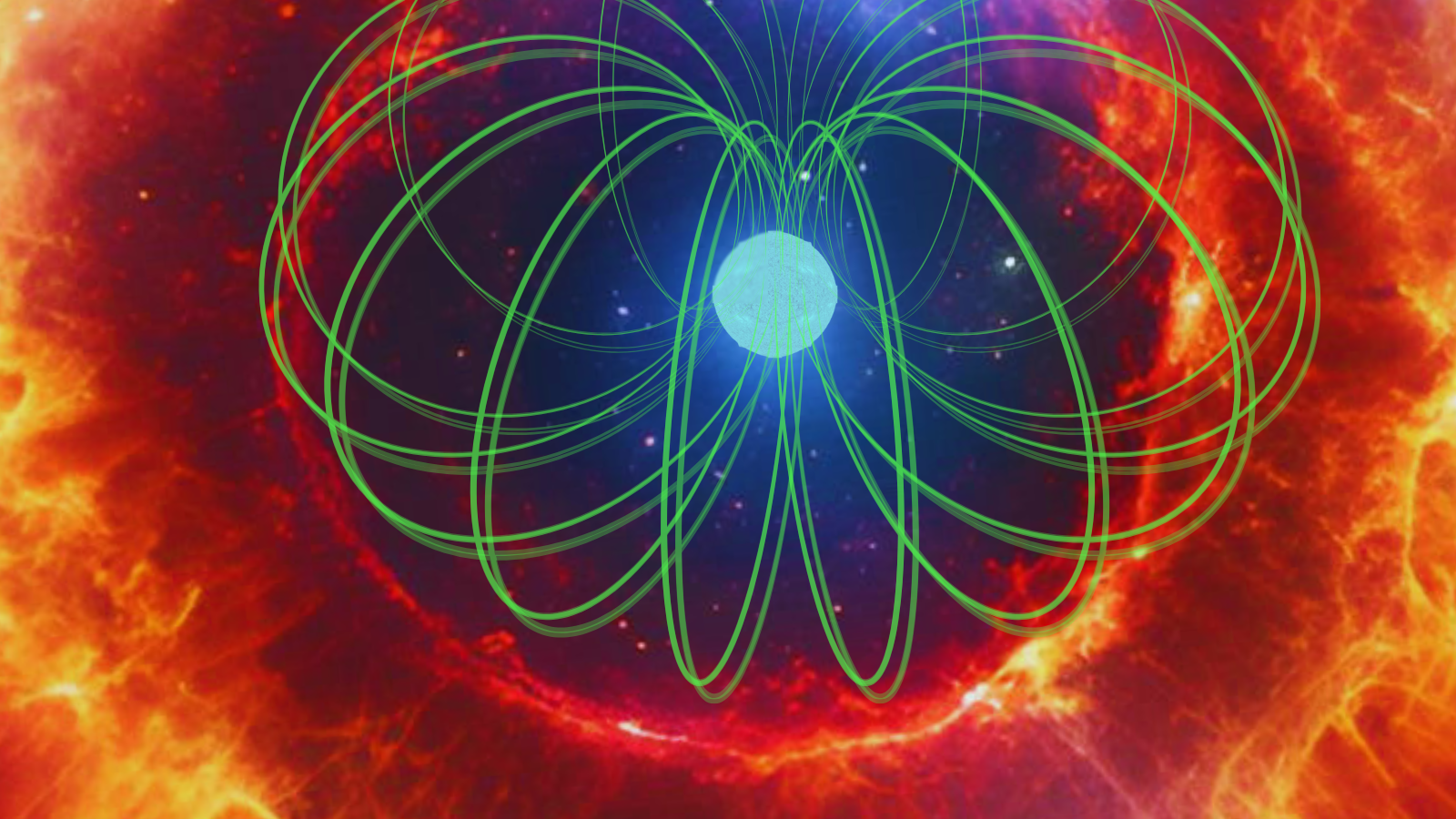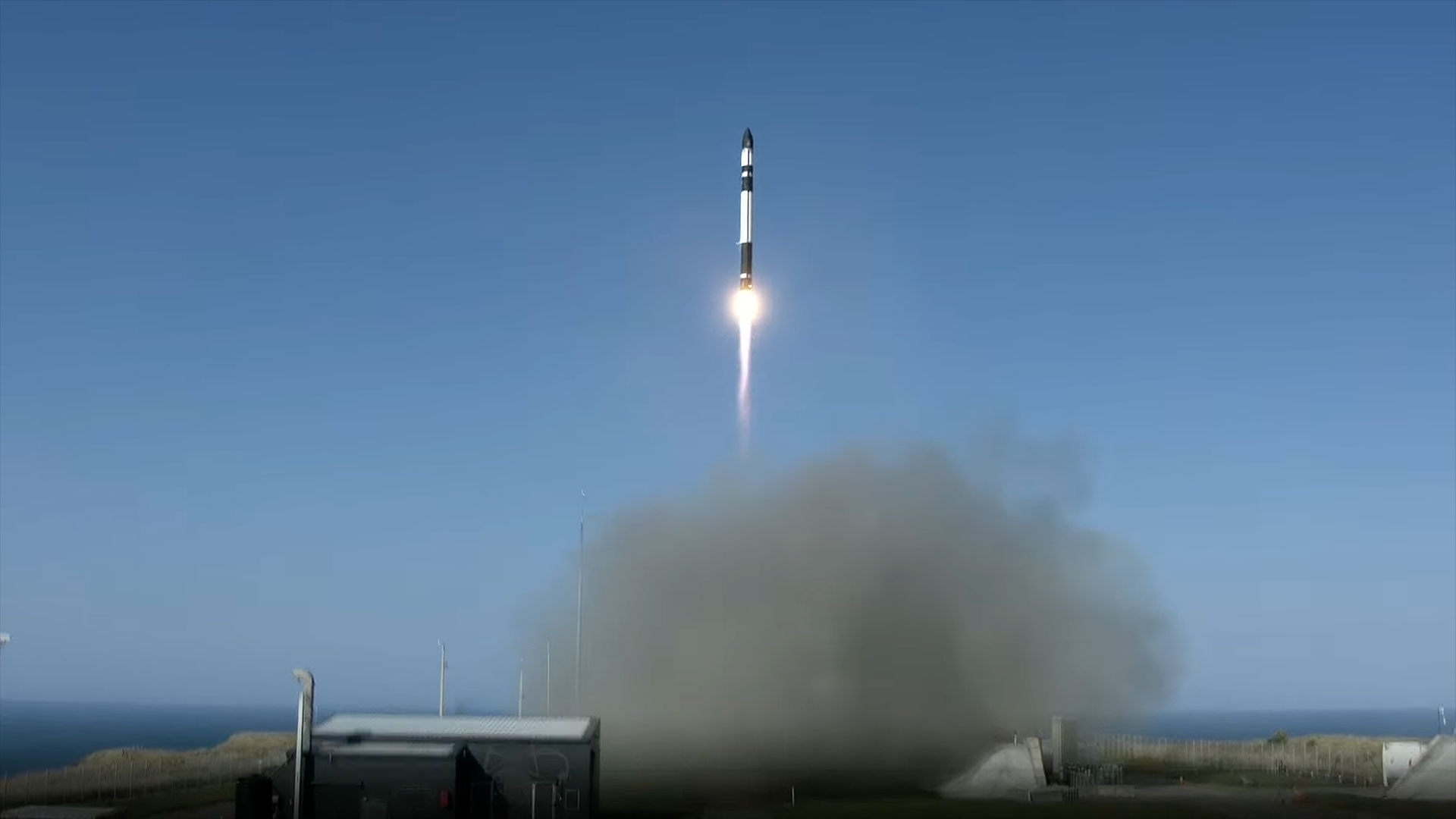One Day We Might Seed the Universe With Life. But Should We?
Suppose humanity was faced with an extinction-level event. Not just high odds, but certain-sure. A nearby supernova will explode and irradiate all life, a black hole will engulf the Earth, a Mars-sized interstellar asteroid with our name on it. A cataclysm that will end all life on Earth. We could accept our fate and face our ultimate extinction together. We could gather the archives from libraries across the world and launch them into space in the hopes that another civilization will find them. Or we could build a fleet of arks containing life from Earth. Not people, but bacteria, fungi and other simple organisms. Seed the Universe with our genetic heritage. Of all of these, the last option has the greatest chance of continuing our story. It's an idea known as directed panspermia, and we will soon have the ability to undertake it. But should we?


Suppose humanity was faced with an extinction-level event. Not just high odds, but certain-sure. A nearby supernova will explode and irradiate all life, a black hole will engulf the Earth, a Mars-sized interstellar asteroid with our name on it. A cataclysm that will end all life on Earth. We could accept our fate and face our ultimate extinction together. We could gather the archives from libraries across the world and launch them into space in the hopes that another civilization will find them. Or we could build a fleet of arks containing life from Earth. Not people, but bacteria, fungi and other simple organisms. Seed the Universe with our genetic heritage. Of all of these, the last option has the greatest chance of continuing our story. It's an idea known as directed panspermia, and we will soon have the ability to undertake it. But should we?















































































